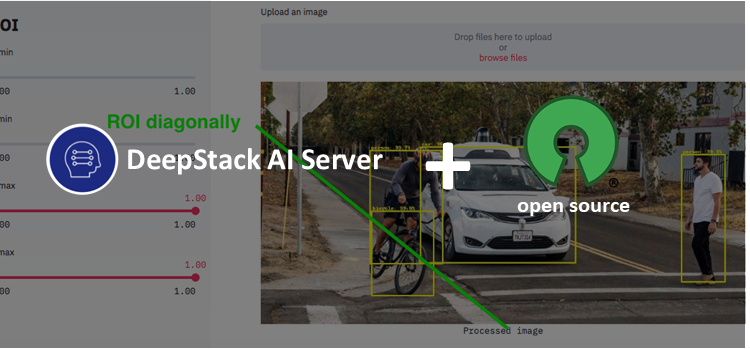
The DeepStack project was conceptualized in mid-2018 with the dream to build a unified, self-contained AI engine that is cross-platform and programming language agnostic. This dream soon became reality when the DeepQuest AI team joined the FBStart Accelerator program same year.
DeepStack was initially released in December 2018 as part of a developer Insider Preview program before general availability in March 2019. Since its public release, DeepStack has been used and adopted by multiple IoT and software platforms such Home Assistant IoT platform and the Blue Iris community. The first 2 years has seen tremendous growth in the DeepStack community with scores of open source tools and frameworks built to extend the functionalities on DeepStack, prominently for the following applications
- Real-time security monitoring
- Industrial monitoring
- False positives reduction
- User authentication
DeepStack is supported by a robust documentation, Dev Center, active developer forum and other third party guides and tutorials. Find below links to a few of them
This is just the start for us. We are committed to investing more into bringing DeepStack to more devices, optimizing it for cloud scenarios, building cloud-to-edge scenarios and improving the speed and accuracy of DeepStack across all platforms.
Over the next couple of months, we are going to release new tools and features to simplify the integration of DeepStack into existing systems developers use for building and deploying edge and cloud applications.
As we bring DeepStack to the open source community, we are most thrilled about the possibilities this will bring to the ecosystem of tools, frameworks and platform integrations to increase the outreach of the AI Engine, add more APIs and functionalities, support more platforms and achieve increased performance.
If you have interest in contributing to the project, visit the GitHub repositories linked below.
